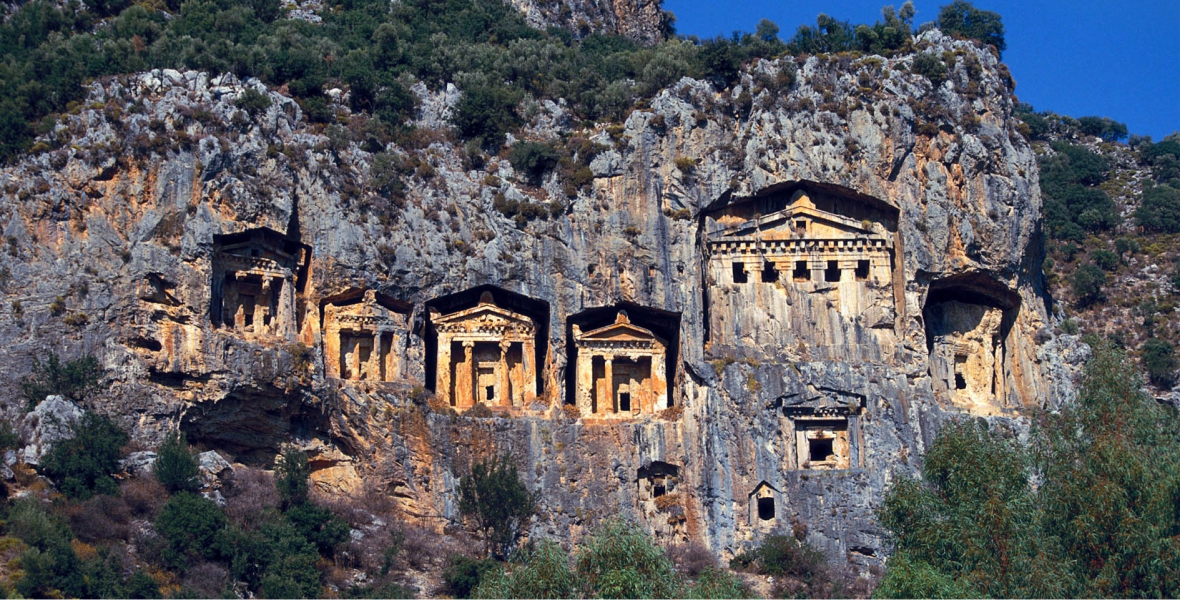
History of Anatolia
The history of Anatolia, also known as Asia Minor, is rich and spans thousands of years.
Ancient Anatolia
- Anatolia has a long history of human habitation dating back to Paleolithic times. It was home to various ancient civilizations, including the Hittites, who established the Hittite Empire in the second millennium BCE. The Hittites were one of the earliest Indo-European-speaking peoples.
- The region also saw the rise of the Phrygians, Lydians, and Carians, among others. The city of Troy, famous for the Trojan War, was located in Anatolia.
- In the 6th century BCE, the Persian Empire, under Cyrus the Great, conquered Anatolia and incorporated it into its vast territory.
Alexander the Great and the Hellenistic Period
- In the 4th century BCE, Alexander the Great conquered Anatolia, bringing Greek culture and influence to the region. The Hellenistic period saw the establishment of Greek city-states and the spread of Greek philosophy and art.
Roman and Byzantine Periods
- Anatolia became part of the Roman Republic and later the Roman Empire in the 1st century BCE. It was a significant part of the empire and prospered during this time.
- After the division of the Roman Empire, Anatolia became the core of the Byzantine Empire, centered in Constantinople (modern-day Istanbul). It remained a Byzantine stronghold for centuries.
Seljuk and Ottoman Empires
- In the 11th century CE, the Seljuk Turks began to migrate into Anatolia, eventually establishing the Sultanate of Rum. They played a crucial role in shaping the region’s culture and history.
- The Seljuk Sultanate of Rum was gradually replaced by the Ottoman Empire, which emerged in the late 13th century. The Ottomans conquered Constantinople in 1453, marking the end of the Byzantine Empire.
- For centuries, Anatolia was at the heart of the Ottoman Empire and played a pivotal role in its administration and economy.
Modern Turkey
- Following World War I and the collapse of the Ottoman Empire, Mustafa Kemal Atatürk led a series of reforms and established the Republic of Turkey in 1923. This marked the transition from an empire to a modern nation-state.
- Under Atatürk’s leadership, Anatolia underwent significant political, social, and cultural transformations.
- Today, Turkey encompasses the majority of Anatolia and a smaller part of Thrace (in Europe). It is a diverse and dynamic country with a rich cultural heritage.
This overview provides a glimpse of the extensive history of Anatolia, which has witnessed the rise and fall of numerous civilizations and empires throughout the ages. Its historical significance and cultural contributions continue to be celebrated in modern Turkey.
